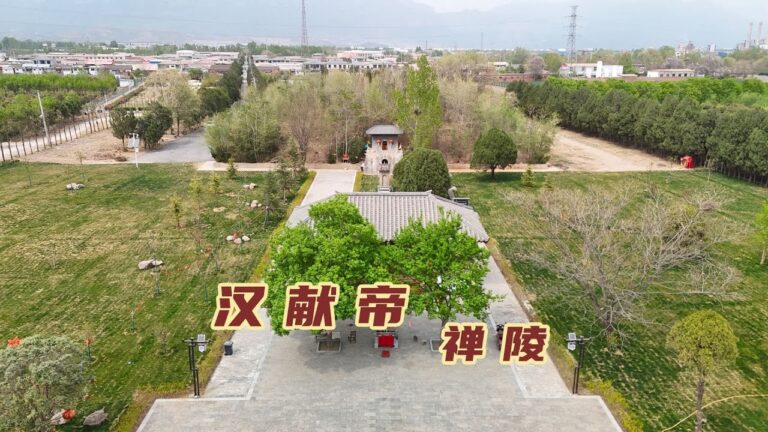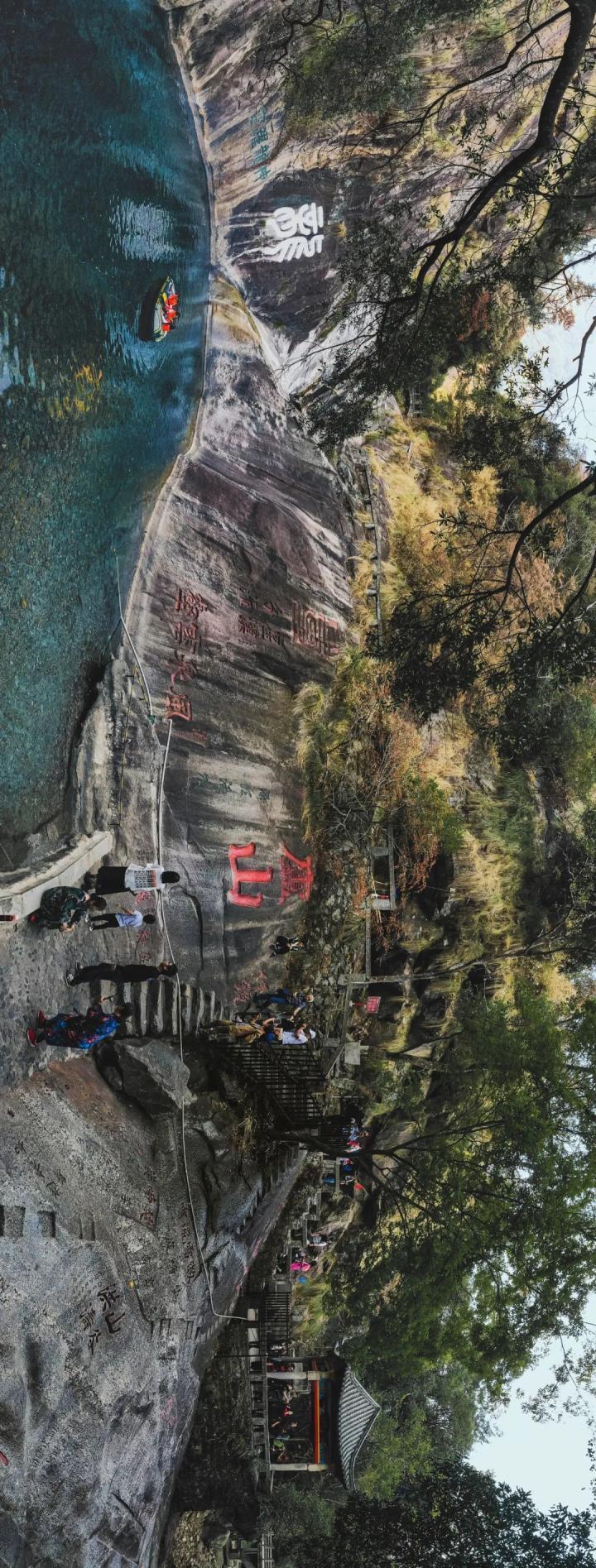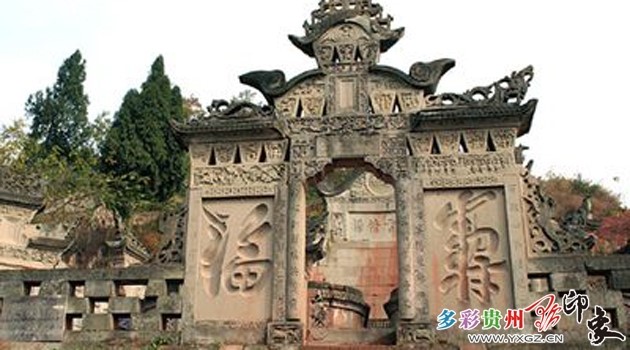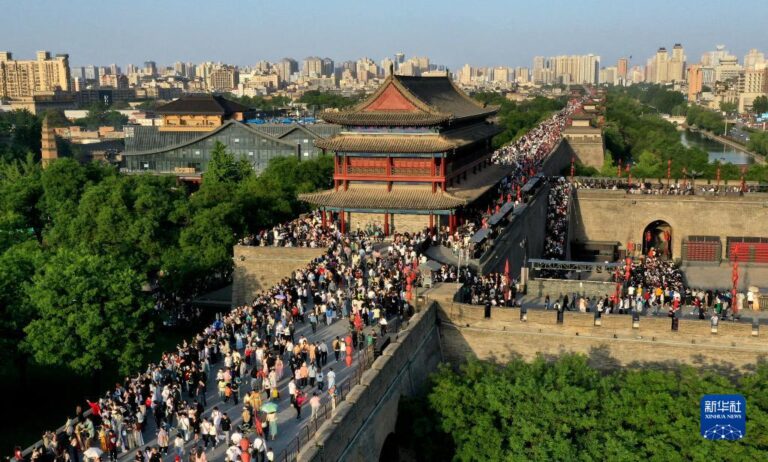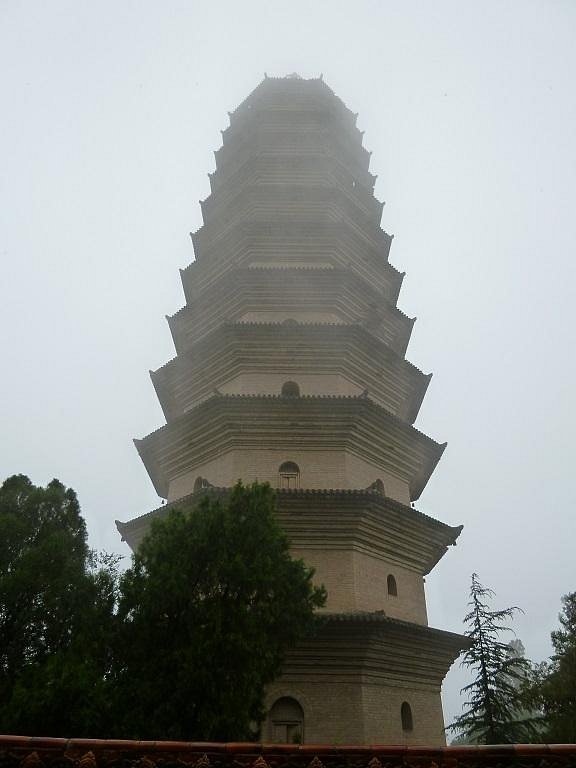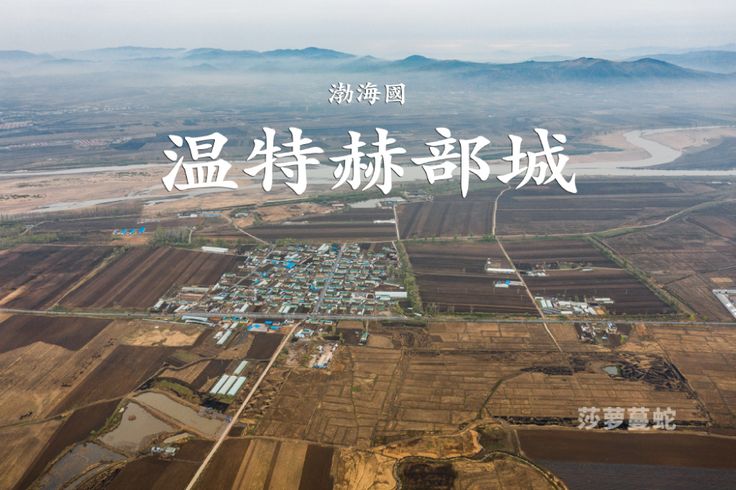A Journey Through Time: Discover Hengyang’s Wangchuanshan Guju Ji Mu
An Essential Guide to Visiting Hengyang Wangchuanshan Guju Ji Mu
In This Guide
- An Essential Guide to Visiting Hengyang Wangchuanshan Guju Ji Mu
- The Rich History of Hengyang Wangchuanshan Guju Ji Mu
- Main Highlights: What to See at Hengyang Wangchuanshan Guju Ji Mu
- Planning Your Visit: A Practical Guide
- Tickets, Hours, and Booking
- How to Get There
- Local Cuisine and Accommodation
- Frequently Asked Questions
- Final Thoughts on Your Trip
Nestled in the picturesque town of Qulan, within Hunan Province, lies a hidden gem that holds the essence of Chinese cultural heritage—Wang Chuan Shan Guju Ji Mu. This historical site, dedicated to the renowned philosopher and thinker Wang Fuzhi, offers a profound glimpse into the life and legacy of one of the most influential figures of the Ming and Qing dynasties.
Wang Fuzhi, who lived from 1619 to 1692, is celebrated not only for his philosophical contributions but also for his deep understanding of various fields, including literature, history, and politics. His residence, known as the Xiangxi Caotang, remains remarkably preserved, showcasing traditional Southern Hunan architecture and surrounded by serene landscapes. Visitors can immerse themselves in the tranquil environment that inspired Wang’s scholarly pursuits.
Recognized as a national key cultural relic protection unit and an AAA-rated tourist attraction, the Wang Chuan Shan cultural area encompasses not only the residence and tomb of Wang Fuzhi but also a vibrant ecological culture tourism zone. Here, you can explore the Wang Chuan Shan Cultural Park, the modern agricultural demonstration garden, and the enchanting Dongluozhai Forest Park, all while engaging with the rich tapestry of Lake Xiang cultural traditions.
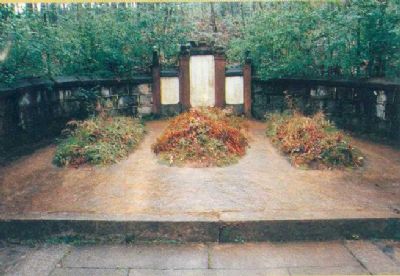
Hengyang Wangchuanshan Guju Ji Mu.
Whether you are a history enthusiast, a philosophy lover, or someone simply seeking a peaceful retreat in nature, Wang Chuan Shan Guju Ji Mu promises an enriching experience that resonates with the teachings of a man whose thoughts continue to influence Chinese culture and philosophy to this day.
The Rich History of Hengyang Wangchuanshan Guju Ji Mu
Nestled in the picturesque region of Hengyang, the Wangchuanshan Guju Ji Mu (王船山故居及墓) holds profound historical significance as the former residence and burial site of Wang Fuzhi (王夫之), a celebrated philosopher and thinker from the Ming and Qing dynasties. Born in 1619, Wang Fuzhi, also known as Wang Chuan Shan, is hailed as a pivotal figure in Chinese philosophy, particularly for his contributions to materialist thought and his influence on Confucianism.
Wang Fuzhi’s intellectual journey began in the backdrop of a rapidly changing China, marked by the decline of the Ming dynasty and the rise of the Qing dynasty. His philosophical pursuits led him to advocate for a pragmatic approach to understanding the world, emphasizing the importance of empirical observation and the natural order. Over the course of four decades, he authored more than 100 works, addressing diverse subjects such as philosophy, history, literature, and even astronomy. His notable texts, including “Shangshu Yinyi” (尚书引义) and “Xushi Sishu Daqianshuo” (续四书大全说), encapsulate his philosophical insights and demonstrate his mastery of classical Chinese texts.
The site itself, located in Qulan Town, Hengyang County, dates back to 1675 when Wang purchased the property as a retreat for contemplation and writing. This residence, known as the Xiangxi Caotang (湘西草堂), reflects traditional Southern Hunan architectural styles and has been meticulously preserved. Today, it serves as a museum that showcases Wang’s life, works, and the profound impact of his philosophies on later generations, including revered figures such as Zeng Guofan and Mao Zedong, who acknowledged Wang’s intellectual legacy.
In recognition of its cultural and historical importance, the Wangchuanshan Guju Ji Mu has been designated a national key cultural relic and a AAA-rated tourist attraction. The area has been developed into an ecological cultural tourism zone, promoting Wang Fuzhi’s philosophical thought and heritage. Visitors can explore not only the residence and the memorial hall dedicated to him but also several surrounding attractions, including the Wangchuan Cultural Park and modern agricultural demonstration areas.
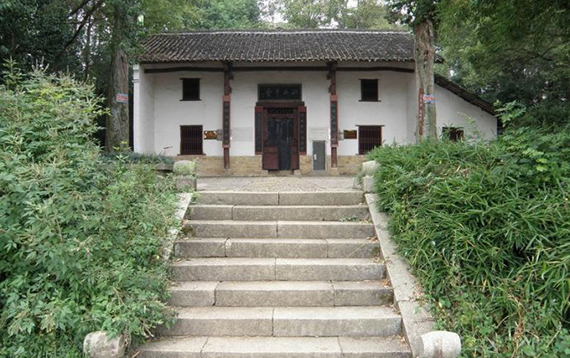
Hengyang Wangchuanshan Guju Ji Mu.
The legacy of Wang Fuzhi continues to resonate in contemporary discussions of Chinese philosophy, making the Wangchuanshan Guju Ji Mu a vital site for understanding the evolution of thought in China. As a place where history meets philosophy, it invites visitors to reflect on Wang’s insights and their relevance to modern life.
Main Highlights: What to See at Hengyang Wangchuanshan Guju Ji Mu
Nestled in the picturesque surroundings of Qulan Town in Hengyang County, the Wang Chuan Shan Guju Ji Mu (王船山故居及墓) offers a profound glimpse into the life and legacy of Wang Fuzhi (王夫之), a prominent philosopher and thinker from the Ming and Qing dynasties. Recognized as a national key cultural heritage site, this area serves as an ecological and cultural tourism zone, making it a must-visit for anyone interested in Chinese philosophy, history, and natural beauty.
Cultural Significance
The site is the former residence of Wang Fuzhi, who is celebrated for his contributions to materialist philosophy and for being a pivotal figure in the development of Huxiang culture. His profound influence on later luminaries, including figures like Zeng Guofan and Mao Zedong, underscores the lasting impact of his ideas. Visitors can explore the Wang Chuan Shan Memorial Hall, which showcases exhibitions about his life, thoughts, and significant writings that span various fields such as philosophy, history, and literature.
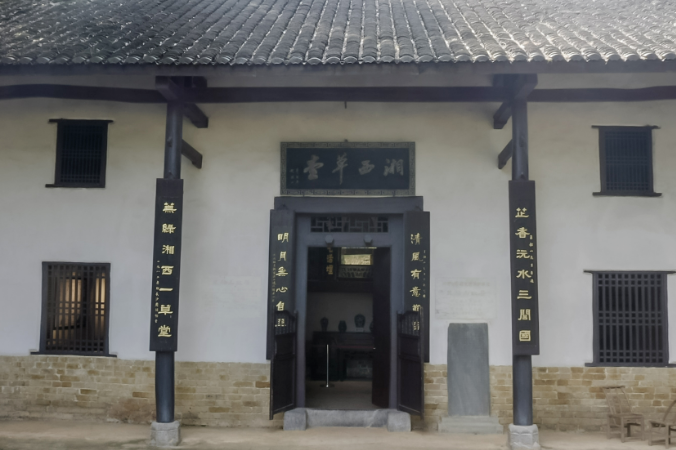
Hengyang Wangchuanshan Guju Ji Mu.
Architectural Charm
The architecture of the residence, known as the “Xiangxi Caotang,” retains its original features and showcases traditional southern Hunan design. The main hall, flanked by living quarters and a study, is adorned with a plaque bearing the inscription “Xiangxi Caotang,” a testament to Wang’s literary prowess. The surrounding landscape, dotted with ancient trees and lush gardens, enhances the serene atmosphere, making it an ideal spot for reflection and appreciation of nature.
Diverse Attractions
The Wang Chuan Shan cultural tourism area encompasses several notable sites:
– Xiangxi Caotang: Where Wang Fuzhi penned many of his works.
– Wang Chuan Shan Cultural Park: A space dedicated to the exploration and celebration of Wang’s philosophical ideas.
– Zhu Shaolian Former Residence: Another historic site that adds depth to the cultural experience.
– Wang Chuan Shan Tomb: The final resting place of this illustrious thinker, which allows visitors to pay their respects.
Additionally, the area features modern attractions, including an agricultural demonstration park and a forest park, offering a blend of education and leisure for all ages.
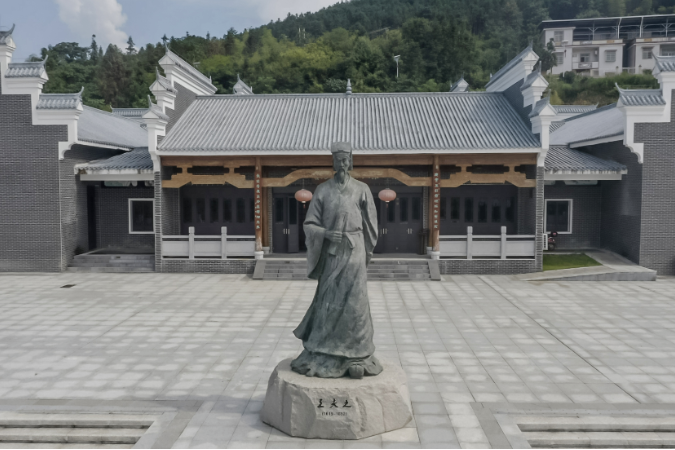
Hengyang Wangchuanshan Guju Ji Mu.
Ecological Harmony
Designated as a national AAA-level tourist site and recognized for its ecological initiatives, the area promotes sustainable tourism, highlighting the natural beauty of the Hunan region. The surrounding hills and rivers provide stunning backdrops for hiking and leisurely walks, allowing guests to connect with both the cultural and natural landscapes.
Culinary Delights
No visit is complete without indulging in local specialties. The region is famed for its culinary offerings, including dishes featuring fresh local produce and traditional Hunan flavors. Don’t miss trying the unique Zhajiang Rice Noodles and other local delicacies, which provide a taste of the rich cultural tapestry of Hunan.
In summary, the Wang Chuan Shan Guju Ji Mu is not just a historical site but a vibrant cultural hub that encapsulates the spirit of Chinese philosophy amidst breathtaking natural surroundings. Whether you are a history enthusiast, a nature lover, or simply in search of tranquility, this destination promises an enriching experience.
Planning Your Visit: A Practical Guide
Practical Guide to Visiting Hengyang Wangchuanshan Guju Ji Mu
If you’re planning a trip to Hengyang Wangchuanshan Guju Ji Mu, also known as the Wang Chuan Mountain Cultural Heritage Area, here’s everything you need to know to make the most of your visit. This cultural and historical site is rich in philosophical heritage and stunning natural beauty.
Location and Getting There
Wangchuanshan Guju Ji Mu is situated in Qulan Town, Hengyang County, Hunan Province, approximately 10 kilometers from the city center of Hengyang. The area is easily accessible via public transport, with dedicated bus services directly connecting to the site. If you’re driving, you can take advantage of the well-maintained highways leading to Hengyang.
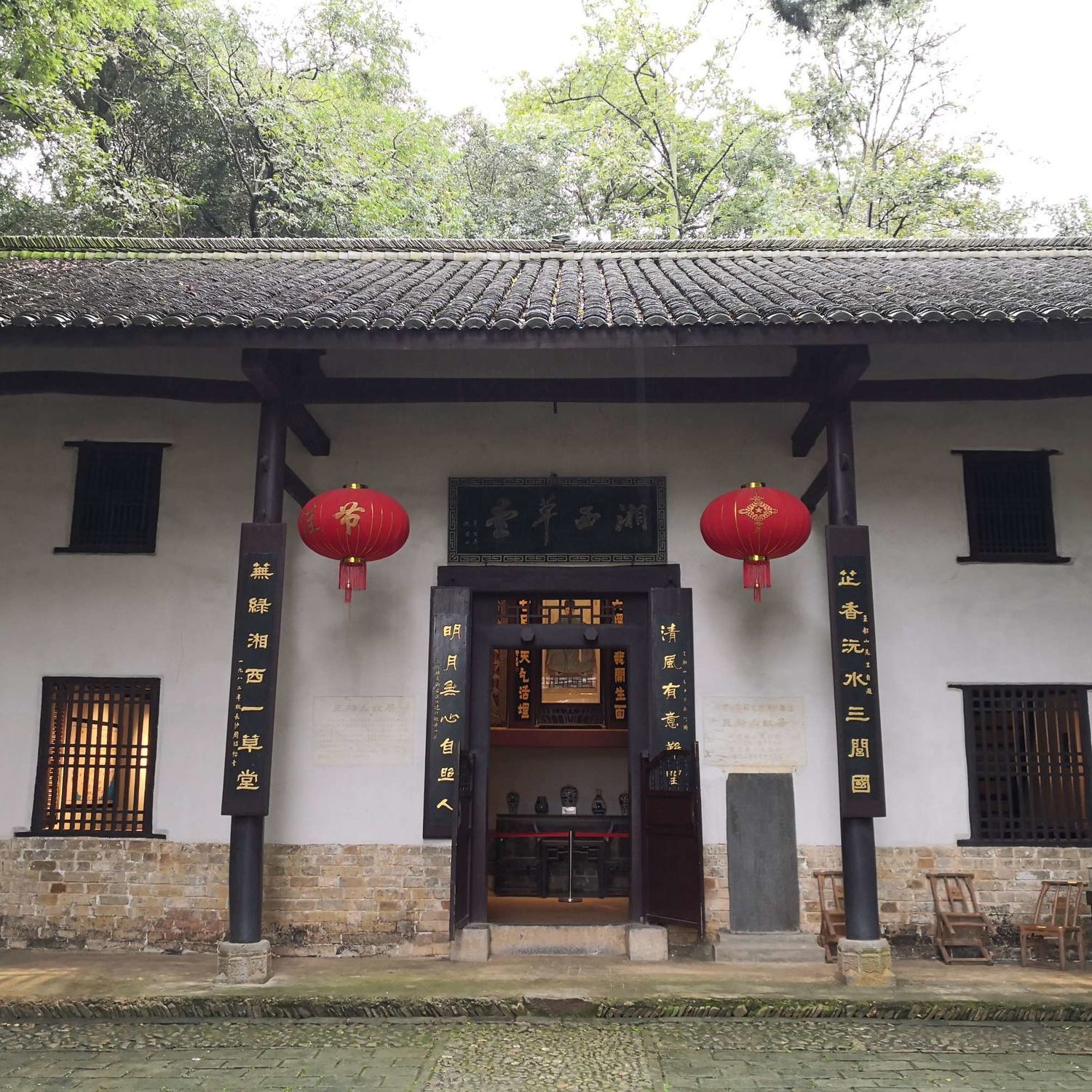
Hengyang Wangchuanshan Guju Ji Mu.
Opening Hours
The site generally welcomes visitors from 8:00 AM to 6:00 PM daily, but it’s wise to check for any seasonal variations or special events that may alter these hours.
Key Attractions
-
Xiangxi Caotang (湘西草堂): This is the historical residence of Wang Fuzhi, a prominent thinker from the Ming and Qing Dynasties. The architecture reflects traditional Southern Hunan styles and is surrounded by serene nature.
-
Wang Chuan Mountain Cultural Park: A dedicated area for exploring the philosophical contributions of Wang Fuzhi, with exhibitions and educational programs.
-
Zhu Shaolian Former Residence: A glimpse into the life of another notable figure connected to the site, providing insight into the cultural backdrop of the era.
-
Wang Chuan Cemetery: This serene location is the final resting place of Wang Fuzhi and is a place of reflection and homage.
-
Modern Agricultural Demonstration Park: Experience innovative agricultural practices and enjoy local produce.
-
Dongluozhai Forest Park: A beautiful natural area perfect for leisurely hikes and enjoying the local flora and fauna.
-
Historical Sites: Discover remnants of ancient architecture and artifacts that tell the story of the area’s rich cultural heritage.
Local Cuisine
While visiting, don’t miss the chance to savor local delicacies. Some must-try dishes include:
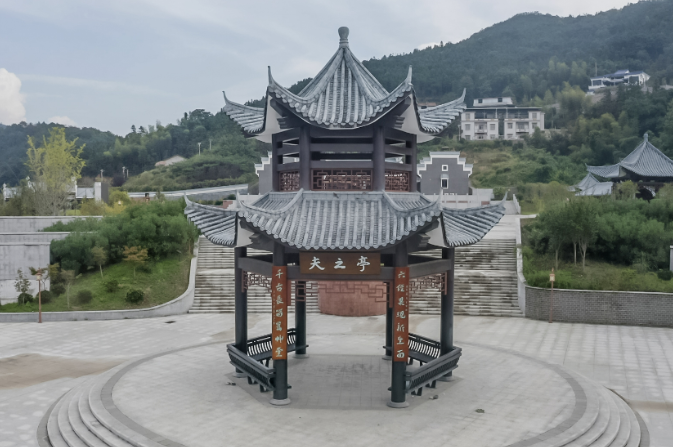
Hengyang Wangchuanshan Guju Ji Mu.
- Fuzhi Meat (夫之肉): A local specialty that embodies the flavors of Hunan.
- Zha Jiang Rice Noodles (渣江米粉): A delicious noodle dish that is both filling and flavorful.
- Taoyuan Black Lotus (台源乌莲): A unique local fruit that is refreshing and sweet.
- West Crossing Lake Wine (西渡湖之酒): Sample this regional beverage known for its distinct taste.
Accommodation
For a comfortable stay, consider the following options:
- Hilton Garden Inn Hengyang: A modern hotel with excellent amenities.
- Yue Liang Jia Homestay: A cozy and authentic local experience, perfect for families and couples.
Tips for Visitors
- Plan Your Visit: Check for any special events or festivals that may coincide with your visit to enhance your experience.
- Dress Comfortably: Wear comfortable shoes and clothing suitable for walking and exploring nature.
- Stay Hydrated: Bring water with you, especially if you plan to hike in the forest park.
- Respect Local Customs: Be mindful of the cultural significance of the sites and maintain a respectful demeanor.
Conclusion
Visiting Hengyang Wangchuanshan Guju Ji Mu offers a unique opportunity to immerse yourself in the philosophical and cultural heritage of one of China’s great thinkers. With its beautiful landscapes, rich history, and local flavors, this location is a treasure trove for travelers seeking both education and enjoyment. Enjoy your visit!
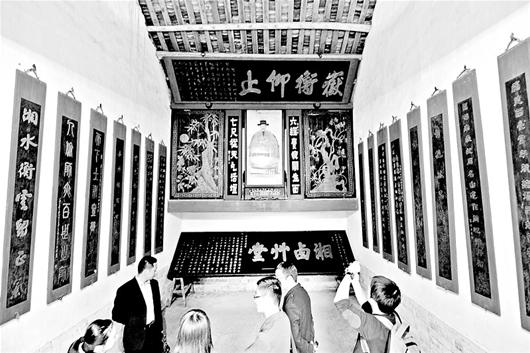
Hengyang Wangchuanshan Guju Ji Mu.
Tickets, Hours, and Booking
Visiting the Hengyang Wangchuanshan Guju Ji Mu, the historical home and burial site of the renowned philosopher Wang Fuzhi, is a journey through rich cultural history nestled in the picturesque landscape of Hunan Province.
Ticket Information
- Admission Fee:
- General Admission: 30 RMB per person
- Students: 15 RMB (with valid student ID)
-
Children under 1.2 meters in height: Free
-
Operating Hours:
-
Daily: 8:00 AM – 5:30 PM
-
Group Discounts:
-
Groups of 20 or more can enjoy a 10% discount on ticket prices. Prior reservation is required for group visits.
-
Special Events:
- Throughout the year, the site hosts various cultural events and festivals, often requiring separate tickets. Keep an eye on the local tourism information for updates.
How to Purchase Tickets
-
On-Site: Tickets can be purchased at the entrance of the site. It is advisable to arrive early to avoid queues, especially during weekends and public holidays.
-
Online Booking: Tickets may also be available for pre-booking via local tourism websites. Check for any available promotions or packages that include guided tours.
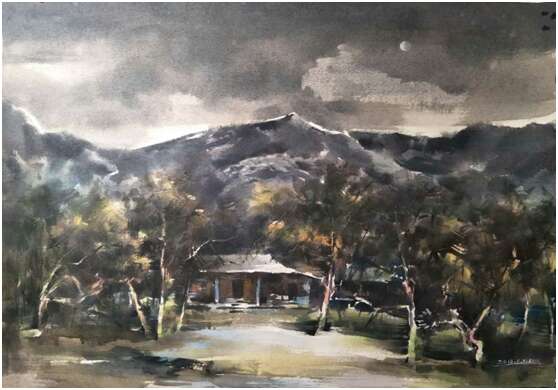
Hengyang Wangchuanshan Guju Ji Mu.
Accessibility
The site is equipped to accommodate visitors with disabilities. Wheelchair access is available to main areas, and staff are on hand to assist if needed.
Additional Information
For those interested in a more in-depth experience, guided tours are available at an additional cost. These tours provide valuable insights into Wang Fuzhi’s life, his contributions to philosophy, and the significance of the site in Chinese cultural history.
Make sure to check local guidelines and regulations regarding opening hours and ticket purchase options before your visit, as they may vary seasonally. Enjoy your exploration of this culturally significant landmark!
How to Get There
When planning a visit to the Wang Chuan Shan Guju Ji Mu (王船山故居及墓) in Hengyang, transportation options are both diverse and convenient, ensuring a seamless journey to this culturally rich destination.
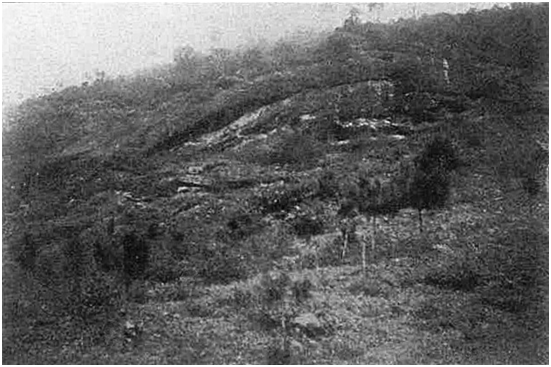
Hengyang Wangchuanshan Guju Ji Mu.
Getting There
By Train:
Hengyang is well-connected by rail, making train travel a popular option. The Hengyang Railway Station serves as a major hub, with frequent high-speed trains (G and D types) arriving from major cities like Guangzhou, Shenzhen, and Changsha. Upon arriving at Hengyang Railway Station, visitors can take a taxi or use local ride-sharing apps to reach the Wang Chuan Shan cultural site, which is approximately 10 kilometers away.
By Bus:
For those opting for bus transportation, several long-distance buses operate from various provinces and cities to Hengyang. Once in the city, you can catch a local bus or take a designated shuttle service that directly connects to the Wang Chuan Shan Guju Ji Mu. Buses are an economical choice and offer a glimpse of local life as you travel.
By Car:
Driving to Wang Chuan Shan Guju Ji Mu is also feasible, especially for those who prefer the flexibility of a personal vehicle. The site is accessible via well-maintained roads, and parking facilities are available on-site. If you are renting a car, GPS navigation will guide you directly to the cultural site.
Local Transportation:
Once in the vicinity of the site, local taxis are readily available and can be hailed easily. Public transportation options, including city buses, are efficient and affordable for getting around Hengyang. It’s advisable to download local transportation apps to facilitate your travels.
Tips for Travelers
- Plan Ahead: Check the train or bus schedules in advance to ensure a smooth journey, especially during peak travel seasons.
- Language Assistance: While many locals can understand basic English, having a translation app or a phrasebook can enhance communication, particularly when asking for directions or transport options.
- Cash and Payment Methods: While digital payments are increasingly accepted, it’s wise to carry some cash, especially for bus fares or small vendors near the cultural site.
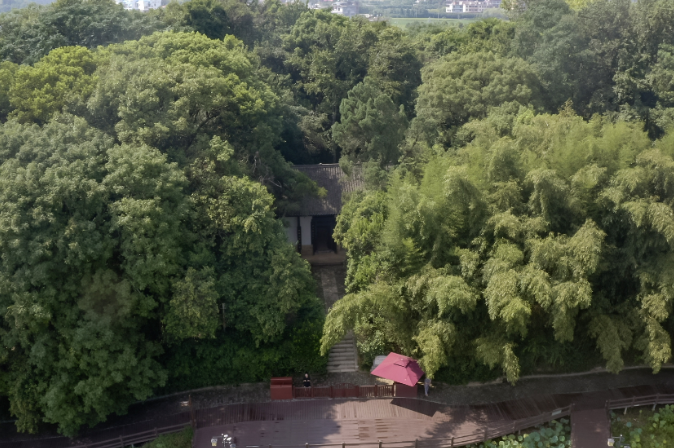
Hengyang Wangchuanshan Guju Ji Mu.
With its well-connected transportation network, reaching the Wang Chuan Shan Guju Ji Mu is both convenient and straightforward, allowing you to focus on enjoying the rich cultural heritage and natural beauty of this historic locale.
Local Cuisine and Accommodation
When visiting the Hengyang Wangchuanshan Guju Ji Mu (王船山故居及墓), you can immerse yourself in local culinary delights and comfortable accommodations that enhance your experience of this culturally rich destination.
Culinary Highlights
Hengyang offers a variety of local delicacies that are not to be missed. Here are some must-try dishes and snacks that reflect the region’s unique flavors:
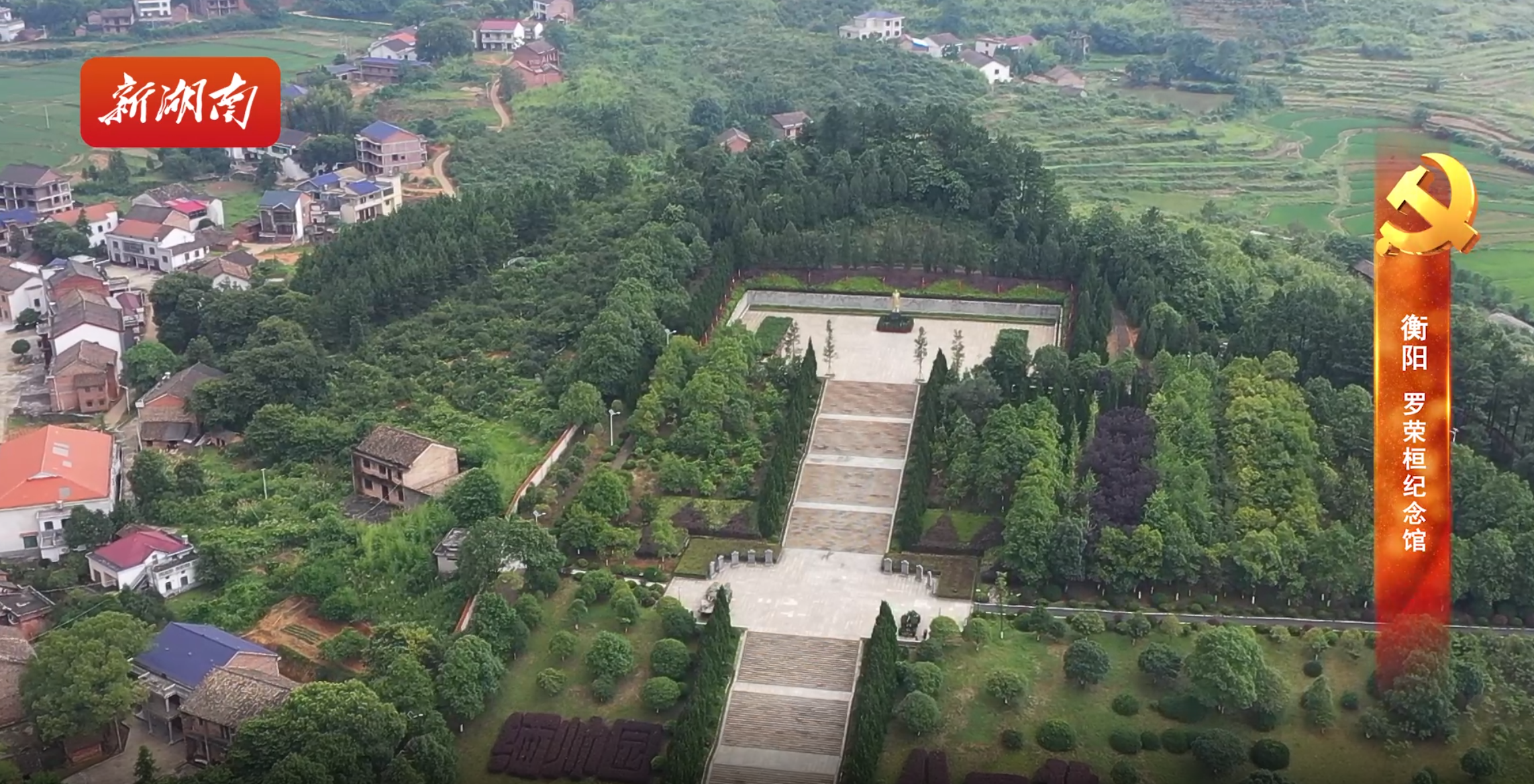
Hengyang Wangchuanshan Guju Ji Mu.
-
Zha Jiang Rice Noodles (渣江米粉): A local specialty, these rice noodles are often served with a variety of toppings, including fresh vegetables and meats, making for a hearty and satisfying meal.
-
Zha Jiang Fake Lamb (渣江假羊肉): This dish, made from plant-based ingredients, cleverly mimics the taste and texture of lamb, providing a delightful option for vegetarians while showcasing the area’s culinary creativity.
-
Maoshi Pastry (茅市烧饼): These flaky pastries are perfect for a snack on the go. They are typically filled with savory ingredients and are best enjoyed warm.
-
Fu Zhi Meat (夫之肉): A traditional dish, this is often prepared with local spices and is a favorite among visitors looking to explore authentic flavors.
-
Huai Xiang Chili (夫之辣椒): Known for its spiciness, this local chili is often used in various dishes and is a must-try for spice enthusiasts.
-
West Crossing Lake Wine (西渡湖之酒): Sample this local brew to get a taste of Hengyang’s brewing traditions. Its unique flavor profile reflects the region’s agricultural bounty.
Where to Stay
For accommodations, Hengyang offers a mix of modern hotels and charming guesthouses, catering to a variety of preferences and budgets:
-
Hengyang Xidu Hilton Garden Inn (衡阳西渡希尔顿惠庭酒店): This four-star hotel provides a modern and comfortable stay, complete with amenities such as a fitness center and on-site dining options. Its convenient location makes it an ideal base for exploring nearby attractions.
-
Yue Liang Jia Homestay (月亮家民宿): For a more intimate experience, consider this quality homestay. It provides a cozy atmosphere and a chance to engage with local culture. Guests can enjoy home-cooked meals and personalized service.
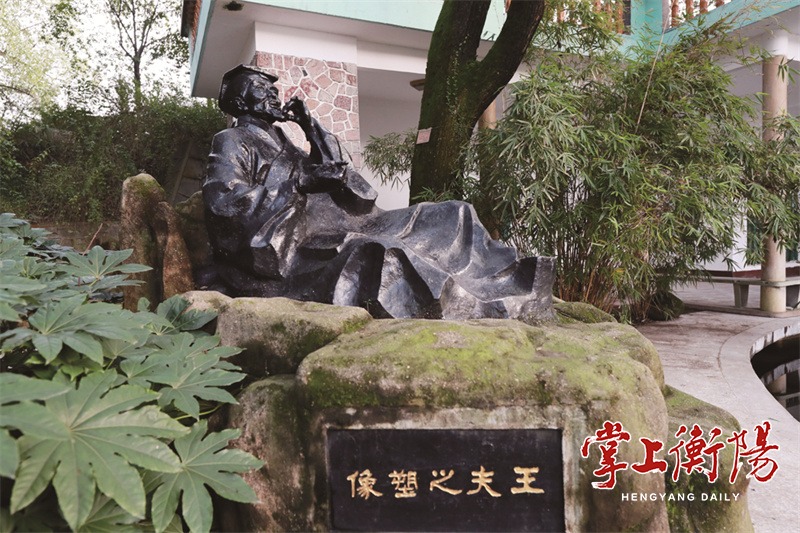
Hengyang Wangchuanshan Guju Ji Mu.
Tips for Visitors
-
Local Market Visits: Don’t miss local markets where you can sample street food and shop for unique local products.
-
Dining Etiquette: When dining in traditional settings, it’s common to share dishes among the table, promoting a communal dining experience.
-
Reservations: Especially during peak tourist seasons, it’s advisable to make reservations for hotels and popular restaurants to ensure a seamless experience.
With its rich culinary heritage and comfortable accommodations, a visit to the Hengyang Wangchuanshan Guju Ji Mu is sure to be both delightful and memorable.
Frequently Asked Questions
Frequently Asked Questions
1. Where is the Wang Chuan Shan Guju Ji Mu located?
The Wang Chuan Shan Guju Ji Mu, or Wang Chuan Mountain Former Residence and Tomb, is situated in Qulan Town, Hengyang County, Hunan Province, China. It is approximately 10 kilometers from the city center of Hengyang.
2. What is the historical significance of this site?
This site is the former residence of Wang Fuzhi (Wang Chuan Shan), a prominent philosopher and thinker from the Ming and Qing dynasties. His contributions to philosophy, literature, and history are celebrated, and he is regarded as a key figure in the development of materialist thought in Chinese philosophy.
3. What are the main attractions within the cultural tourism area?
The area features several attractions, including:
– Xiangxi Caotang (Wang Chuan Shan’s Residence)
– Wang Chuan Cultural Park
– Zhu Shaolian’s Former Residence
– Wang Chuan Mountain Tomb
– Modern Agricultural Demonstration Park
– Dongluozhai Forest Park
– Historical relics and beautiful natural scenery.
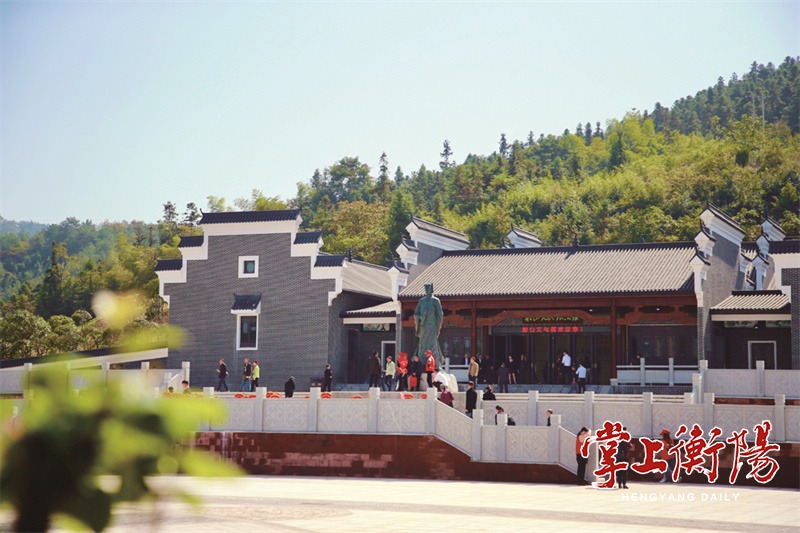
Hengyang Wangchuanshan Guju Ji Mu.
4. Is there an entrance fee to visit the site?
Yes, there is typically an entrance fee for visitors. It’s advisable to check the current prices and any discounts for students or groups on the official tourism website or local tourism offices before your visit.
5. What are the recommended visiting hours?
The site usually operates from 8:00 AM to 6:00 PM. However, it’s best to confirm the operating hours closer to your visit, as they may vary during holidays or special events.
6. How can visitors reach the Wang Chuan Shan Guju Ji Mu?
The site is accessible by public transportation, including buses and taxis. There are also dedicated tourist shuttle buses that run directly to the site from various locations in Hengyang. For those driving, ample parking is available.
7. Are there any accommodations nearby?
Yes, there are several hotels and guesthouses in Hengyang County, ranging from budget to luxury options. Popular choices include the Hilton Garden Inn and local homestays that offer a more authentic experience.
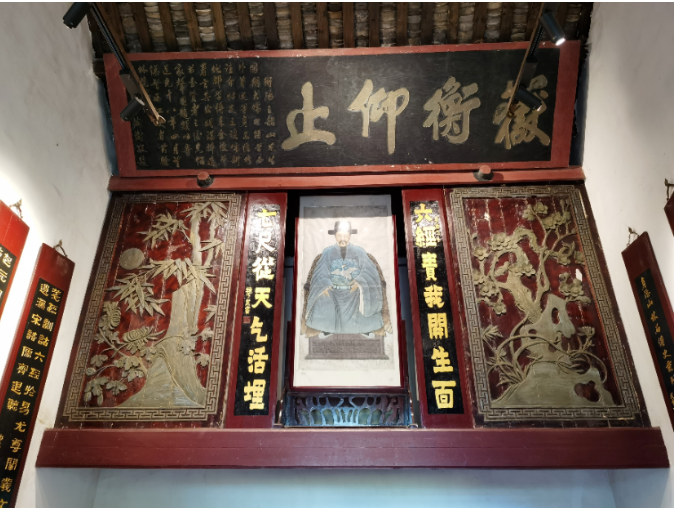
Hengyang Wangchuanshan Guju Ji Mu.
8. What local delicacies should visitors try while in the area?
Hengyang is known for its unique culinary offerings. Be sure to try local specialties such as Zhajiang rice noodles, spicy local dishes, and various seasonal fruits. There are also popular snacks like sesame candy and traditional pastries available at local markets.
Final Thoughts on Your Trip
Visiting the Hengyang Wangchuanshan Guju Ji Mu offers an enriching glimpse into China’s philosophical heritage, particularly through the lens of Wang Fuzhi, a towering figure in Ming-Qing thought. Nestled in the idyllic landscapes of Hunan Province, this cultural site stands as a testament to the profound impact of Wang Fuzhi’s ideas, which continue to resonate through modern society.
As you wander through the picturesque grounds, from the ancient Sycamores of the Xiangxi Caotang to the serene Shipan Mountain ruins, you’ll find yourself immersed in a unique blend of history, culture, and natural beauty. The region is not just a tribute to a great philosopher; it’s a living celebration of the ecological and cultural ethos that defines the Hunan area, recognized as a national ecological village and a cultural tourism town.
Whether you’re a history enthusiast, a lover of nature, or simply seeking a tranquil getaway, the Wangchuanshan Guju Ji Mu provides an exceptional experience that invites reflection and appreciation. Embrace the spirit of exploration in this serene environment, and allow the wisdom of the past to inspire your journey into the future.
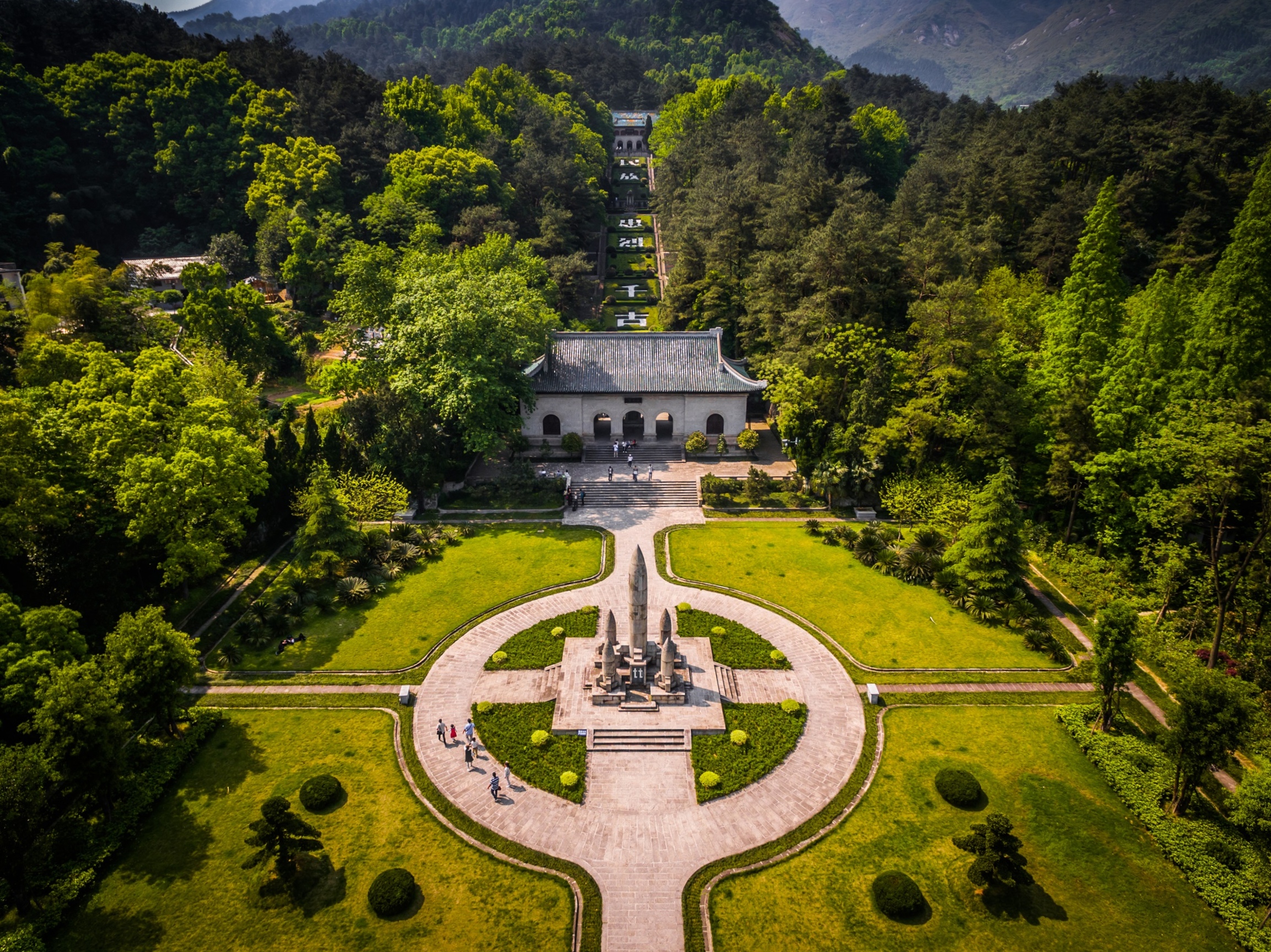
Hengyang Wangchuanshan Guju Ji Mu.
